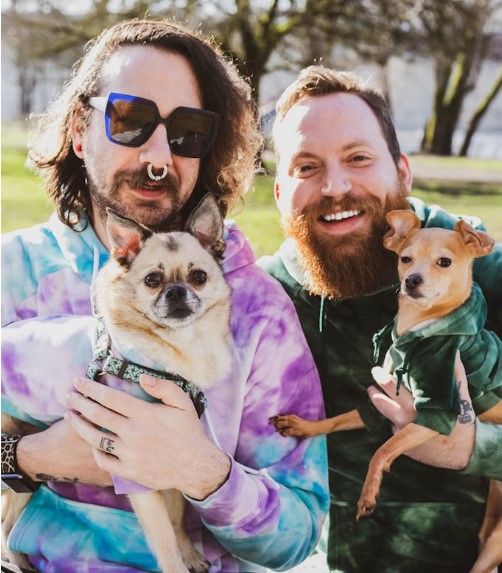The definition of “family” has beautifully expanded, reflecting a more inclusive society where love and commitment are the true foundations.
For LGBTQ+ individuals, the journey to parenthood, once fraught with legal and social hurdles, is increasingly diverse and celebrated. As acceptance grows, new avenues for building families are emerging, transforming what it means to be a gay parent in the 21st century.
Diverse Paths to Parenthood
LGBTQ+ individuals are building families through various innovative and loving means, showcasing determination and commitment:
- Adoption: This remains a primary route. Both single LGBTQ+ individuals and same-sex couples are increasingly adopting children, often providing loving homes for children in need, including those in the foster care system.
- Surrogacy: For gay men or couples, gestational surrogacy offers a path to biological parenthood. Advances in reproductive technology, combined with more supportive legal frameworks in various countries, make this option more accessible.
- Assisted Reproductive Technology (ART): Lesbian couples often use donor sperm through methods like intrauterine insemination (IUI) or in vitro fertilization (IVF) to conceive.
- Co-Parenting & Blended Families: Some LGBTQ+ individuals or couples choose to co-parent with friends or other LGBTQ+ individuals, creating unique family structures that prioritize the well-being of the child. Blended families, where children from previous relationships join new LGBTQ+ households, are also common and celebrated.
The Rise of Social Acceptance and Legal Recognition
The journey of LGBTQ+ parents is increasingly met with understanding and legal support:
- Legal Protections: More countries and regions are recognizing LGBTQ+ parents’ rights, including joint adoption, second-parent adoption, and legal parentage for children born via surrogacy or ART. This provides security and equal standing.
- Media Representation: From TV shows to advertising, LGBTQ+ parents are becoming more visible in mainstream media. This representation helps normalize diverse family structures and builds empathy among the general public.
- Community Support: LGBTQ+ parenting groups and online communities, including dedicated gay chat forums, offer invaluable support, sharing resources, advice, and personal experiences. These platforms become crucial for navigating the unique joys and challenges of LGBTQ+ family life.
- Educational Initiatives: Schools and public institutions are increasingly adopting inclusive policies that acknowledge and celebrate diverse family compositions, benefiting children of LGBTQ+ parents.
Challenges That Persist
Despite significant progress, LGBTQ+ parents can still face hurdles:
- Discrimination: While lessening, some LGBTQ+ parents may still encounter discrimination in schools, healthcare, or social settings.
- Legal Disparities: Laws regarding LGBTQ+ parenting can vary significantly between countries and even within regions, creating complexities for international families or those moving across borders.
- Cost of ART and Surrogacy: For many, the financial burden of assisted reproductive technologies and surrogacy can be a significant barrier.
The narrative of LGBTQ+ parenting is one of immense love, resilience, and the relentless pursuit of family. As society continues to evolve, these diverse families are not just being accepted; they are enriching the fabric of communities worldwide, proving that family truly is where love is.
